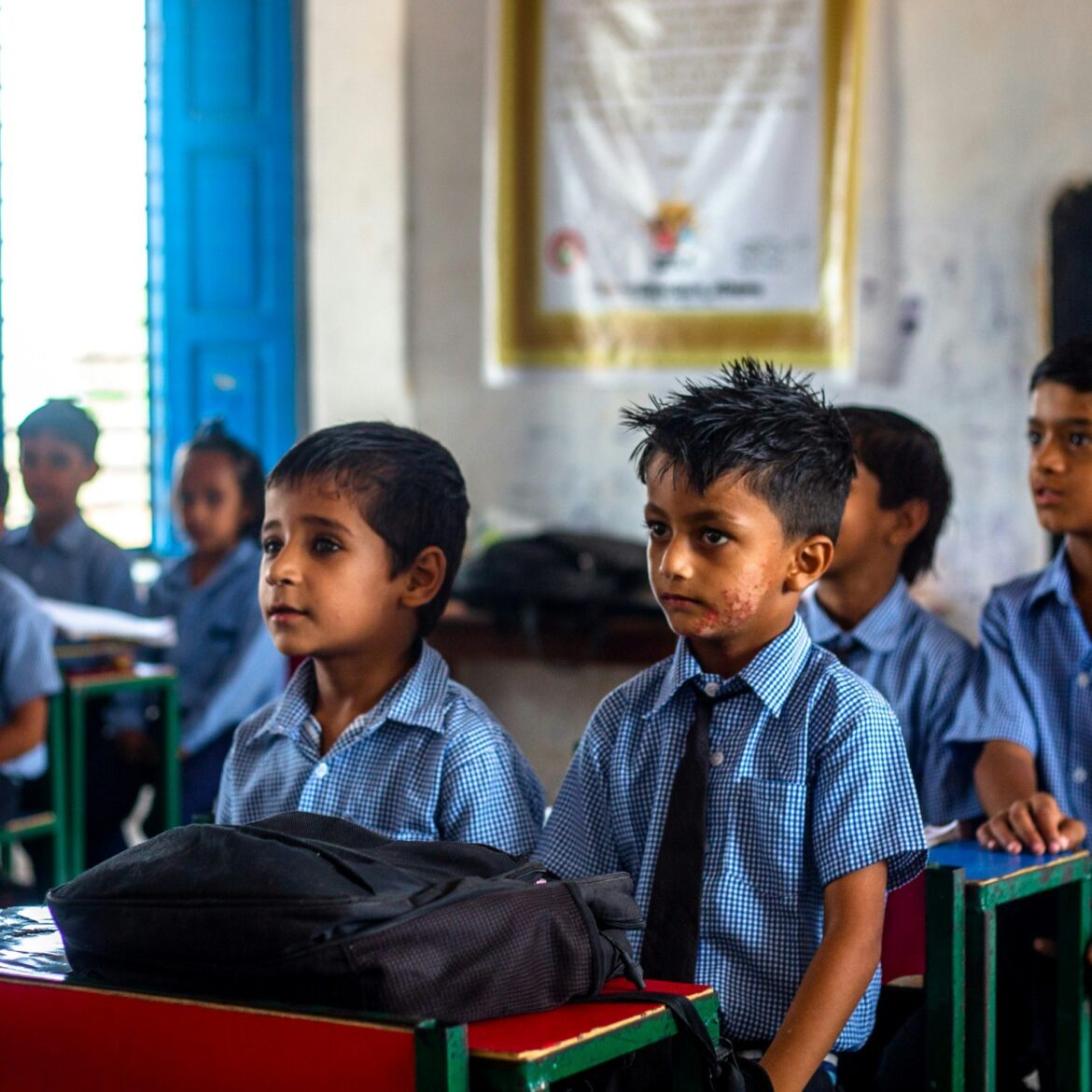A respected education expert warns that Bangladesh’s primary school system is facing serious quality problems that could harm the nation’s future, and the author calls for clear, doable steps to strengthen the foundation now. Many children attend school but still leave without solid skills in reading, writing, and basic math because classrooms lack trained teachers and up-to-date teaching methods. Low teacher pay and limited training mean many capable people do not choose teaching, and those who do often lack the support needed to improve. When teachers worry about money or lack regular learning opportunities, it is hard for them to give students the best start. Large class sizes, scarce learning materials, and an exam-focused approach also make it tough for children to learn by doing. The piece points to other countries that have made primary education stronger by treating teachers as respected professionals and by investing in training and resources. In some places, teacher pay and status encourage the best candidates to join the field and stay over time. Regular training helps teachers learn how to teach reading, number skills, and simple science through hands-on methods rather than only lecturing. The author offers practical ideas that school systems can adopt. These include raising teacher pay to make the job attractive, tying pay and promotion to ongoing training and good performance, and adding assistant teachers in crowded classrooms. The plan also calls for smaller classes, a library in every school, weekly reading activities to build habit and joy, and affordable kits for science and math experiments so children can learn by doing. Modernizing the curriculum is another key step, the article says, and it recommends early exposure to basic digital skills, simple coding, and safe science play so children grow confident with technology and problem solving. Supervision and fair evaluation of schools would help stop irregular hiring and ensure that resources reach the classrooms that need them most. The tone is hopeful: with focused investment in teachers and learning materials, primary schools can become strong places where children build the skills they need for later study and work. Strengthening primary education is framed not as a cost but as an investment that will produce more skilled workers, better health outcomes, and greater national progress. If policy makers, school leaders, and communities work together to value teachers and give them tools to teach well, the next generation will be better prepared to meet changing global challenges. The author suggests special allowances and clear promotion paths for teachers in rural or remote areas, and urges that professional growth be tied to completed training and peer review so teaching gains status and good teachers stay where they are most needed for lasting national progress.
Fixing the Foundation: How Better Teachers Can Transform Bangladesh’s Primary Schools
31


